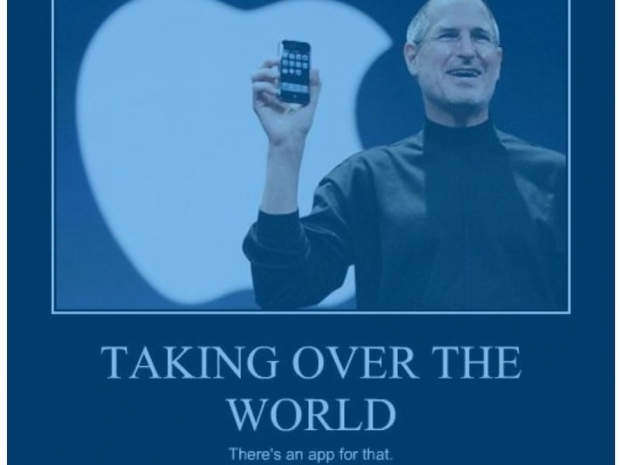While most people thought this was a good idea, and showed that Jobs’ Mob really cared for its users and when advertisers called a foul, most people thought “well they would say that anyway”.
It turns out that there is a really good reason why Apple might have had self-interested motives for the change. What observers forgot was that Apple also offers advertising, and by limiting the amount of data outside marketers collect, Apple's access to the data becomes more valuable.
The Washington Post notes that Apple runs its own advertising business based on data gathered from its users — but Apple's director of privacy engineering "doesn't consider this data gathering 'tracking' because Apple collects the data from its own users on its own apps and other services.
Nick Jordan, founder of Narrative I/O, which helps companies gather data for advertising said: "I think there's probably 30 percent truth in that they're doing it for privacy reasons and it's 70 percent that they're doing it because it's what's good for Apple."
Apple says that when customers open apps, they'll be asked whether they'd like to give that specific app permission to track them with something called an "ID for Advertisers", or IDFA.
Apple created the IDFA in 2012 to help app developers earn money on iOS. The unique number, assigned to iPhone customers, allows advertisers to track their movements around websites and apps by following that unique identifier.
With the new pop-up messages, customers will be forced to make a choice. It is likely that most consumers will opt out of being tracked. Facebook said in a blog post that it would render its off-platform ad network so ineffective that it may not make sense to offer it to developers at all.
Facebook said that in testing it had seen a more than 50 percent drop in revenue because of the loss of data from Apple.
It is likely that this will be more grounds for antitrust litigation because, as one lawyer pointed out, Apple made the decision unilaterally without any discussion.




